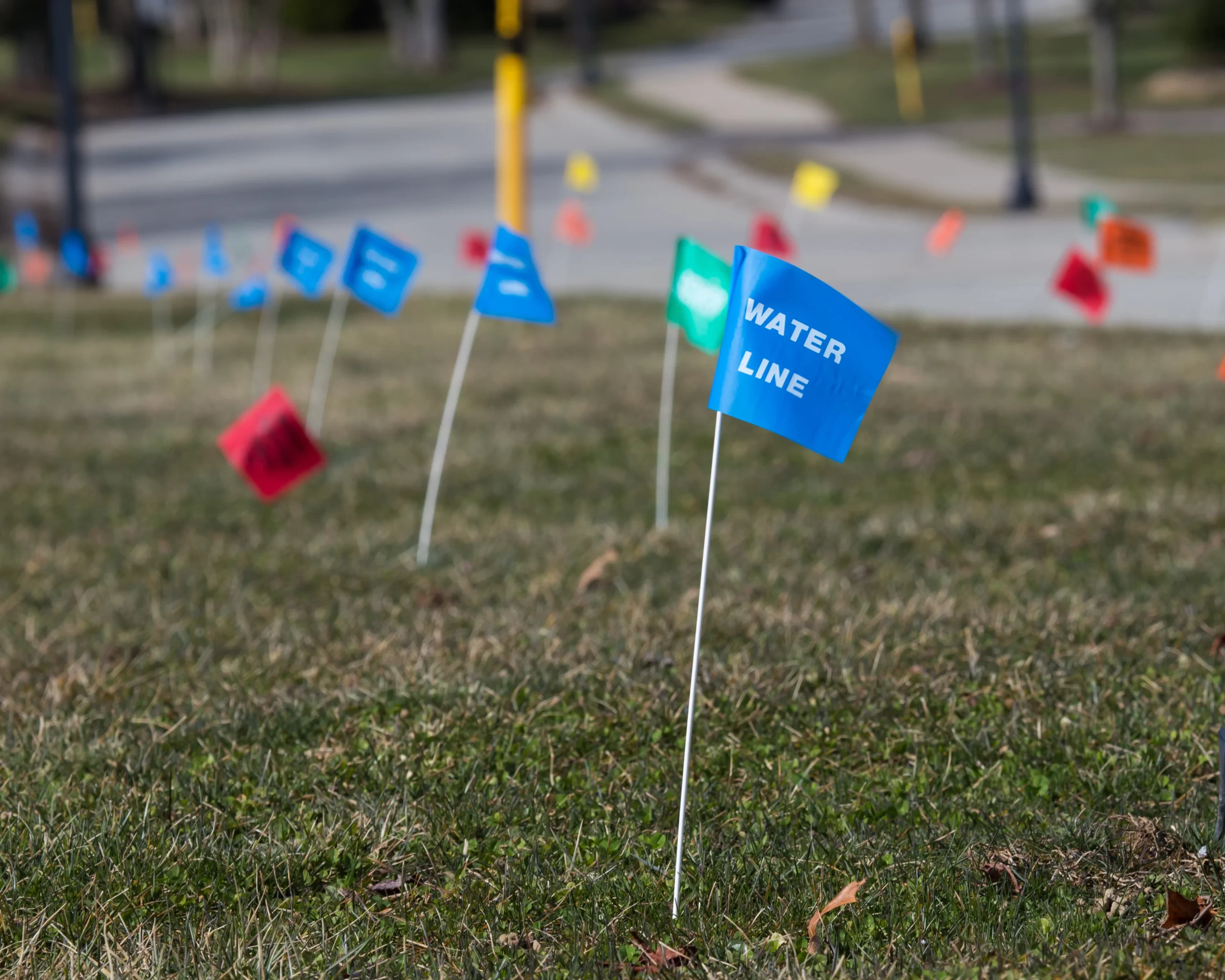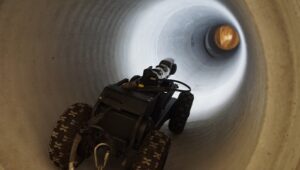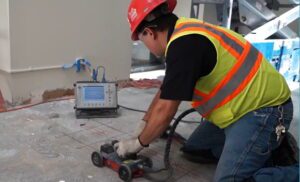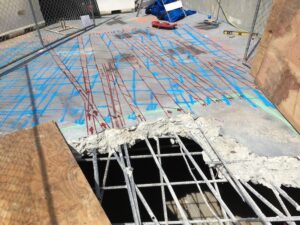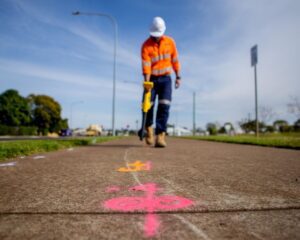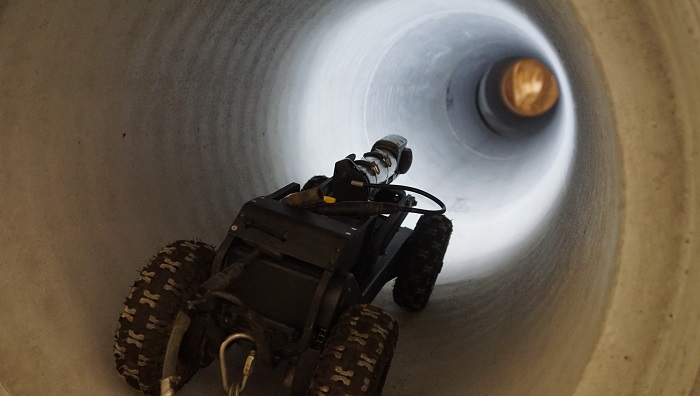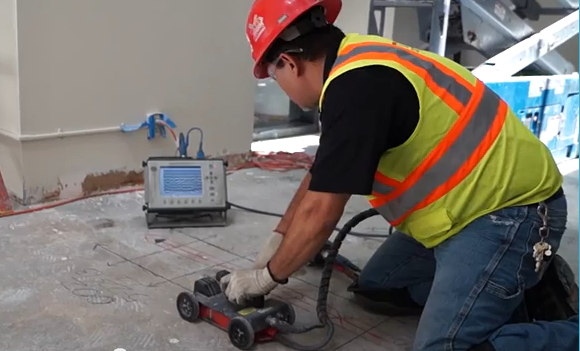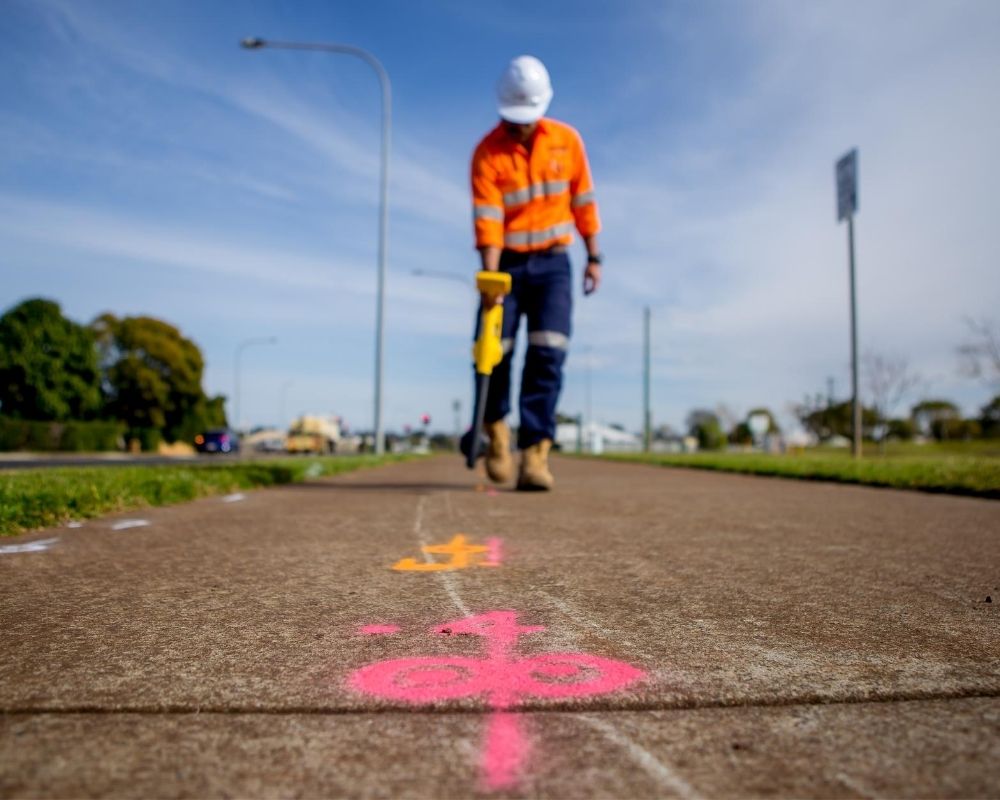Are you planning to dig in your yard or start a construction project? Before you break ground, it’s essential to locate underground utilities to prevent accidents, damages, and costly repairs. This is where underground utility locating services come in. In this article, we will explore what these services are, why they are important, how they work, and how to choose the right provider.
1. What are underground utility locating services?
Underground utility locating services are professional services that use specialized tools and equipment to detect, map, and mark the location of underground utilities, such as gas lines, water pipes, electrical cables, fiber optic lines, and sewer lines. These services are offered by trained and certified technicians who use various methods to locate and identify underground utilities accurately.
2. Why are underground utility locating services important?
Underground utilities can pose a significant threat to safety and property if not located and marked correctly. Digging without knowing the location of underground utilities can result in damages to the infrastructure, service disruptions, injuries, and even fatalities. By using underground utility locating services, property owners and contractors can ensure the safety of their workers, prevent damage to the infrastructure, and avoid costly repairs and legal liabilities.
3. What are the types of underground utility locating services?
There are two main types of underground utility locating services:
Private Utility Locating Services
Private utility locating services are provided to private property owners, contractors, and utility companies who need to locate and mark the location of underground utilities on private property. These services are typically used for residential, commercial, or industrial projects that require excavation or drilling.
Public Utility Locating Services
Public utility locating services are provided to utility companies and government agencies that need to locate and map the location of underground utilities on public property. These services are usually required for planning, construction, and maintenance of public infrastructure, such as roads, bridges, and public utilities.
4. How do underground utility locating services work?
Underground utility locating services use various methods to detect and locate underground utilities. The most common methods include:
Electromagnetic Detection
Electromagnetic detection is a method that uses radio waves to locate underground utilities. This method involves using an electromagnetic transmitter to send a signal through the utility line and an electromagnetic receiver to detect the signal above the ground.
Ground Penetrating Radar
Ground Penetrating Radar (GPR) is a method that uses radar waves to create an image of the underground utilities. This method involves sending high-frequency radio waves through the ground and measuring the reflection of the waves to create an image of the underground utilities.
Magnetic Detection
Magnetic detection is a method that uses a magnetic sensor to detect the magnetic field created by underground utilities. This method is effective for locating metal pipes and cables.
Acoustic Detection
Acoustic detection is a method that uses sound waves to locate underground utilities.
5. What equipment do underground utility locating services use?
Underground utility locating services use specialized equipment and tools to locate and map the location of underground utilities. The most common equipment used includes:
Electromagnetic Transmitter
An electromagnetic transmitter is a device that sends a signal through the utility line to be detected by the receiver above the ground.
Electromagnetic Receiver
An electromagnetic receiver is a device that detects the signal sent by the transmitter above the ground. The receiver can also be used to trace the utility line to its source.
Ground Penetrating Radar (GPR)
Ground Penetrating Radar is a device that uses radar waves to create an image of the underground utilities.
Magnetic Sensor
A magnetic sensor is a device that detects the magnetic field created by underground utilities.
Acoustic Sensor
An acoustic sensor is a device that detects sound waves created by underground utilities.
6. What are the benefits of hiring underground utility locating services?
Hiring underground utility locating services can provide several benefits, including:
Safety
By locating and marking the location of underground utilities, property owners and contractors can ensure the safety of workers and prevent accidents.
Efficiency
Knowing the location of underground utilities can help contractors avoid costly delays and disruptions during construction.
Cost savings
By avoiding damages to the infrastructure, property owners and contractors can save money on repairs and legal liabilities.
Compliance
Hiring underground utility locating services can help property owners and contractors comply with local regulations and laws.
7. How to choose the right underground utility locating provider?
When choosing an underground utility locating provider, consider the following factors:
Certification
Ensure that the provider is certified and trained in underground utility locating services.
Experience
Choose a provider with years of experience in the industry.
Reputation
Look for providers with positive reviews and feedback from previous clients.
Equipment
Choose a provider with the latest equipment and technology for accurate and reliable results.
Cost
Compare the cost of different providers and choose one that offers competitive rates.
8. How much do underground utility locating services cost?
The cost of underground utility locating services can vary depending on several factors, such as the size of the project, the location, and the provider. On average, the cost can range from $100 to $500 per hour.
9. What are the risks of not using underground utility locating services?
Not using underground utility locating services can result in several risks, such as:
Accidents and injuries
Digging without knowing the location of underground utilities can result in accidents and injuries to workers and bystanders.
Property damage
Damages to the infrastructure can result in costly repairs and legal liabilities.
Service disruptions
Damages to underground utilities can result in service disruptions and inconvenience to customers.
Legal liabilities
Not complying with local regulations and laws can result in legal liabilities and fines.
10. What are the common misconceptions about underground utility locating services?
There are several misconceptions about underground utility locating services, such as:
It’s only necessary for large-scale projects.
Underground utility locating services are essential for any project that involves excavation or drilling, regardless of the size.
It’s too expensive.
While underground utility locating services may require an initial investment, they can save money in the long run by avoiding damages and legal liabilities.
It’s not necessary for private property.
Private property owners can benefit from underground utility locating services to prevent damages and ensure safety.
11. What is the future of underground utility locating services?
The future of underground utility locating services looks promising, with the development of new technology and methods for accurate and reliable results. As the demand for construction and infrastructure projects increases, the need for underground
utility locating services will also increase. The industry is expected to grow in the coming years, with more providers offering services and expanding their coverage areas. The use of artificial intelligence and machine learning algorithms can also enhance the accuracy and speed of underground utility locating services.
Conclusion
Underground utility locating services are essential for any construction or excavation project that involves digging underground. These services use specialized equipment and technology to locate and map the location of underground utilities, which can prevent accidents, save time and money, and ensure compliance with local regulations and laws. When choosing an underground utility locating provider, consider factors such as certification, experience, reputation, equipment, and cost. Not using underground utility locating services can result in several risks, including accidents, property damage, service disruptions, and legal liabilities. To ensure the safety of workers and property, it is crucial to hire a reputable and experienced underground utility locating provider.

